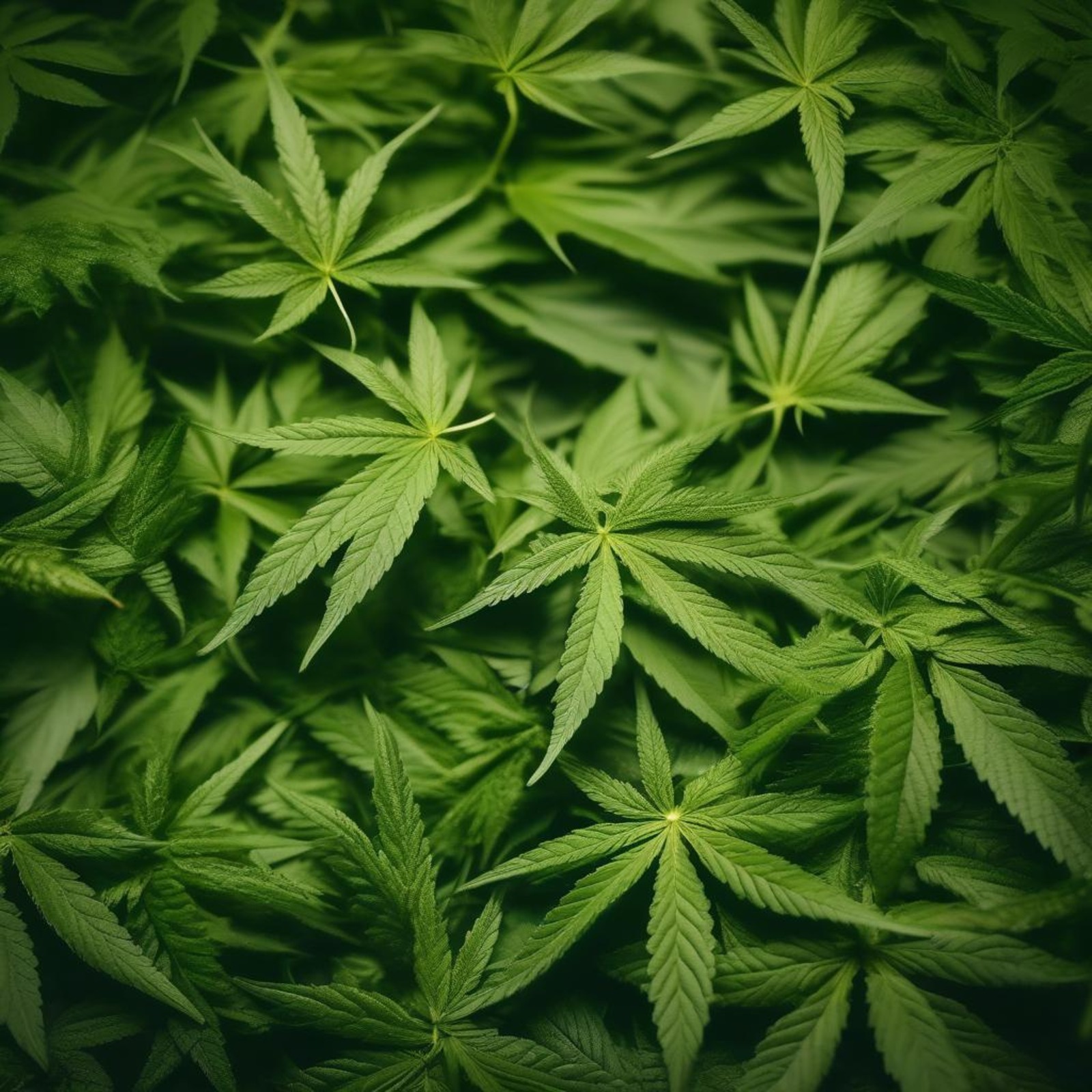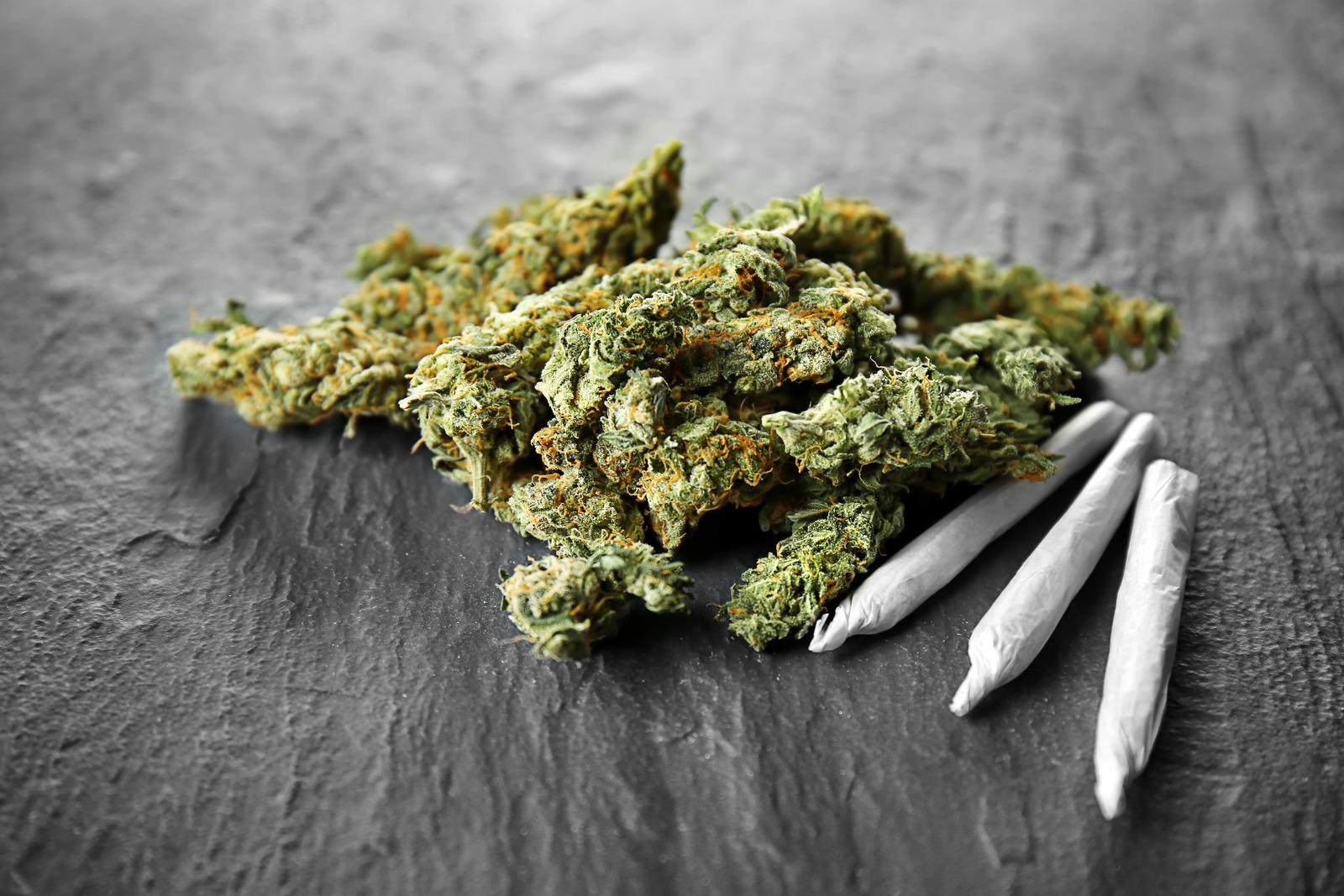Is Marijuana a Depressant? Everything You Need to Know

Marijuana, a psychoactive drug, exhibits complex effects that can vary among individuals. It primarily acts as a depressant, but it can also have stimulant and hallucinogenic effects depending on the dosage, strain, and individual user’s physiology.
Learn more about what marijuana is, its side effects, and how it may affect people who use it.
Key Points
- Marijuana affects people differently and can act as a depressant, stimulant, and hallucinogen.
- Because of its differing effects, it’s difficult to predict how marijuana will affect each individual.
- While marijuana is associated with various effects, both positive and negative, its impact can vary significantly among individuals, including physical and mental effects and addiction.
What Is Marijuana?
Marijuana is made from the dried leaves and buds of the Cannabis sativa plant. it goes by street names like weed, pot, bud, herb, and Mary Jane. Marijuana can be smoked, ingested, or used topically for psychoactive effects. Some people may mix marijuana with other drugs which can have dangerous results.
There are several chemicals in marijuana, cannabinoids, that produce its effects. Tetrahydrocannabinol (THC) is the psychoactive ingredient, while cannabidiol (CBD) is the ingredient touted for its therapeutic effects.
Though it’s becoming legalized in some of the US for medicinal and recreational use, marijuana is still an illegal drug on the federal level. It’s a Schedule I substance, which means there is no accepted medical use and a high potential for abuse.
Is Marijuana a Depressant?
Marijuana exhibits some system-depressing or sedative properties (disorientation, sedation, breathing problems, etc.), particularly in larger doses.[1] These calming effects are similar to other depressants, but marijuana is not officially a depressant. However, its classification is complex due to its varied effects, including a mix of stimulant, sedative, and hallucinogenic properties.
Depressant drugs are drugs that slow brain activity, such as benzodiazepines, barbiturates, and alcohol. These drugs produce effects like dizziness, confusion, memory problems, headaches, and slurred speech.
Depressants also relax tense muscles and calm nerves, which is why they may be prescribed for anxiety, insomnia, and muscle spasms. Weed produces similar positive and negative effects, including drowsiness, muscle relaxation, memory loss, and dizziness.
Some depressants are more addictive than others, and you can develop a tolerance to them, including marijuana, so you need to use more of them to produce the same effects. People may become dependent on marijuana to fall asleep, for example, and may have insomnia without it.
Is Marijuana a Stimulant?

In some people, and in low to moderate doses, marijuana can produce stimulant effects.[2] These drugs have the opposite effects of depressants and increase brain activity, leading to rapid breathing, increased heart rate, and elevated body temperature. Stimulants often have a positive effect on the mood as well. People feel energetic and alert.
There are negative effects with stimulants, however, such as:
- Paranoia
- Irregular heartbeat
- Anxiety
- Heart failure
- Seizures
Weed isn’t a true stimulant like methamphetamine or cocaine, but it can cause stimulant-like effects, such as:
- Elevated mood
- Anxiety
- Paranoia
- Fast heartbeat
Similarly, you can become dependent on marijuana’s stimulant effects. For example, if you’re used to taking it to improve your mood, you may become depressed if you stop.
Is Marijuana a Hallucinogen?
Hallucinogens are substances that alter a person’s perception of reality. This can mean visual or auditory hallucinations or a distorted perception of reality. For example, someone may hear voices or see people not there during a hallucination.
Marijuana is often referred to as a hallucinogen because of its psychedelic effects and media portrayal.[3] While marijuana can cause hallucinations, they don’t happen often and may not happen for everyone. Some of the hallucinogenic effects, such as distorted time and space, are part of the hallucination.
There’s an important distinction between the paranoia that’s associated with marijuana and a hallucination, however. Hallucinations are false perceptions of senses or surroundings, while paranoia is a false idea that includes suspicion.
For example, you may hallucinate that your friend is an animal or a mythical creature. If you experience paranoia, you may believe that someone is nearby and looking to harm you when no one is there.
Marijuana can cause hallucinations and all of these effects, which is why it’s often categorized as a hallucinogen. These drugs can have long-term risks, however, such as flashbacks or hallucinogen-persisting perception disorder, which aren’t caused by marijuana. Psychosis, though rare, is a possibility with marijuana.
You can also develop tolerance and dependence with marijuana as a hallucinogen.
Other Effects of Marijuana Use
Marijuana can have short- and long-term effects associated with depressants, stimulants, and hallucinogens, as well as effects all its own.
Here are some common short-term effects of marijuana use:[4]
- Altered senses
- Difficulty forming thoughts
- Altered sense of time and space
- Impaired memory
- Mood swings
The onset of effects depends on the marijuana itself and how it’s used. Smoking marijuana brings the fastest onset of effects while ingesting marijuana can take several minutes or hours for the effects to set in. However, the effects of ingestion are longer lasting than when it’s smoked.
With regular use, marijuana can have some serious long-term effects, such as:[5]
- Chronic bronchitis and other respiratory problems from smoking,
- Increased risk of heart attack and stroke,
- Low birth weight, premature birth, and birth defects with pregnancy,
- Cognitive deficits, memory and learning problems, and brain volume loss later in life.[6]
Seek Help for Marijuana Addiction
Whether it produces depressant, stimulant, or hallucinogenic effects, marijuana is a psychoactive substance that carries a risk of abuse, dependence, and marijuana addiction. There are serious health effects that can occur with long-term marijuana use, so if you or a loved one is addicted, the earlier you get help, the better.




